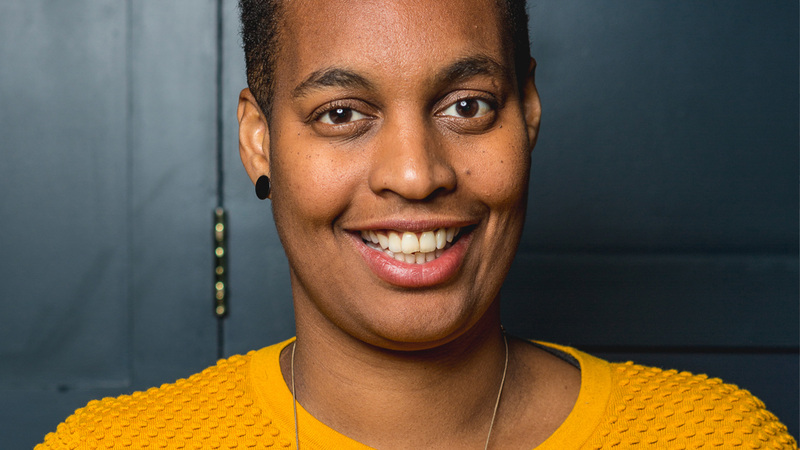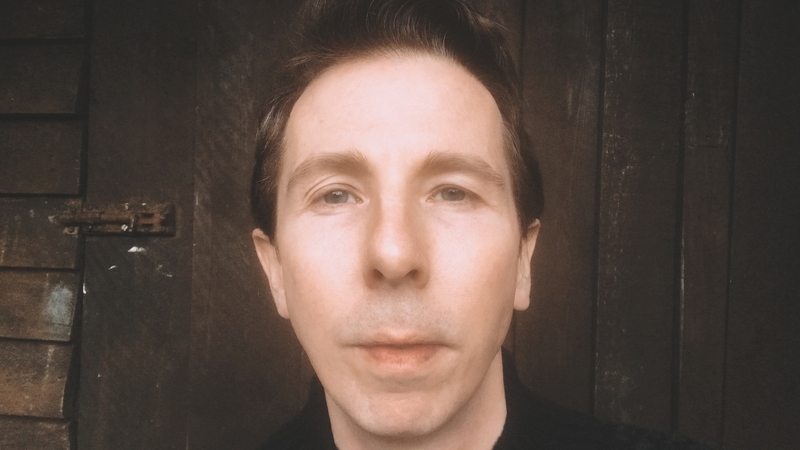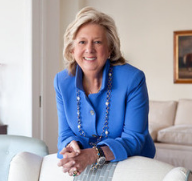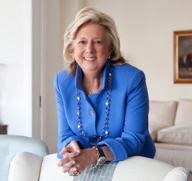You are viewing your 1 free article this month. Login to read more articles.
Stand and deliver
From dieting to roasting, from clean living to SAS training, the print book market is enjoying a purple patch. Sales are up 5%, and with Super Thursday just around the corner, this autumn could result in a bookshop bonanza not seen since, well, last year’s Michelle Obama love-in. However, if 2018 saw politics rise to the fore, 2019 brings with it a concatenation of bankers from Margaret Atwood, Philip Pullman, Heather Morris, Adam Kay, Zadie Smith and Bill Bryson, to possible rockets from Elton John, David Cameron, Nadiya Hussain, Lenny Henry and “Kerry and Kurtan” (from BBC’s “This Country”). Something, ahem, for everyone.
The uptick in sales, and the excitement that now precedes a big book release (which fuels the growing pre-order market) shows that rather than shrinking in the face of the wider entertainment challenge from Netflix, Playstation et al, books are rising to it—trusted in a way other media sectors are not, beloved in a manner that feels unique. However, with this great exposure comes increased scrutiny. Two weeks ago, Penguin Random House imprint BBC Books dropped author Gareth Roberts from a Doctor Who collection following comments he made about transgender people on Twitter. According to PRH, the statements conflicted with its “values as a publisher”. This week, the same publisher has been handling an anti-semitism crisis after Pedro Baños’ How They Rule the World was called out by the British author Jeremy Duns.
PRH is not the only publisher caught in the headlines, of course. Little, Brown may be sticking by Naomi Wolf’s latest book, after errors were revealed through a BBC Radio interview, but US publisher Houghton Mifflin Harcourt is delaying it; crime writer Linda Fairstein has been dropped by her US agent ICM, US publisher Dutton and L,B after a Netflix series re-opened the controversy around her former role as a Manhattan district attorney. What L,B thinks of bestseller Nicholas Sparks after the author apologised for emails reported to be homophobic, we do not yet know.
Meanwhile, a Guardian article has described a “vicious war over Young Adult books”, reporting that “publishers [have been] cancelling or altering books, and asking authors to issue apologies... because they feared the consequences if they didn’t”. According to one author quoted in the piece, her publisher was “scared of Twitter”.
In March, I warned that the urge to suppress comes from many different directions, but that the hysteria that can overtake even sensible commentary on social media should not detract from the real concerns expressed around books and authors. That it matters, matters.
Publishers, so often content to be not seen and not heard, will need to make their own minds up about how they handle such situations, how they protect themselves, their staff and their authors. We publish into a receptive, noisy and occasionally hostile environment that wants us to be held accountable for the decisions we make. It is not just books that are in the shop window these days—it is their publishers too.

















